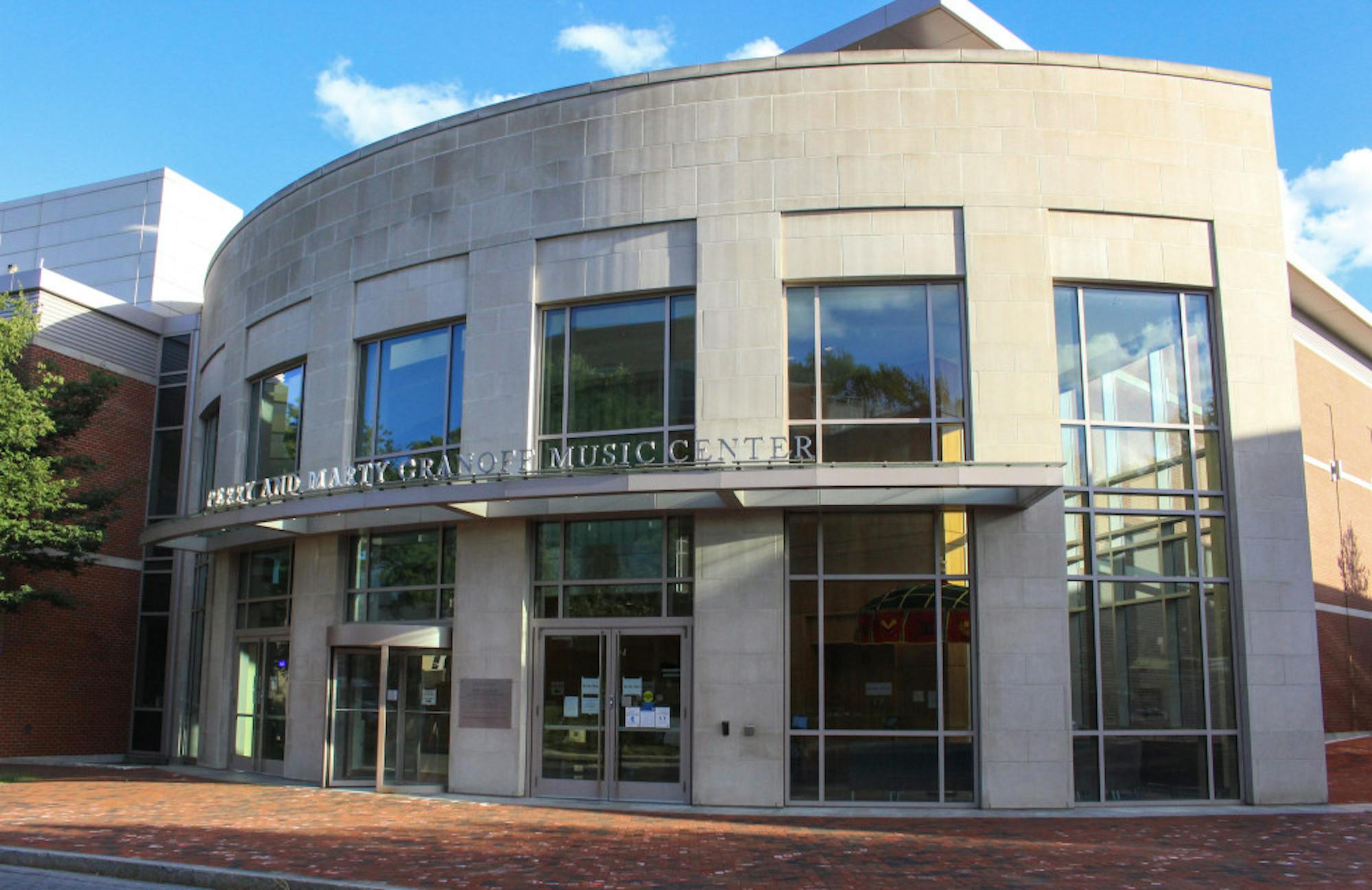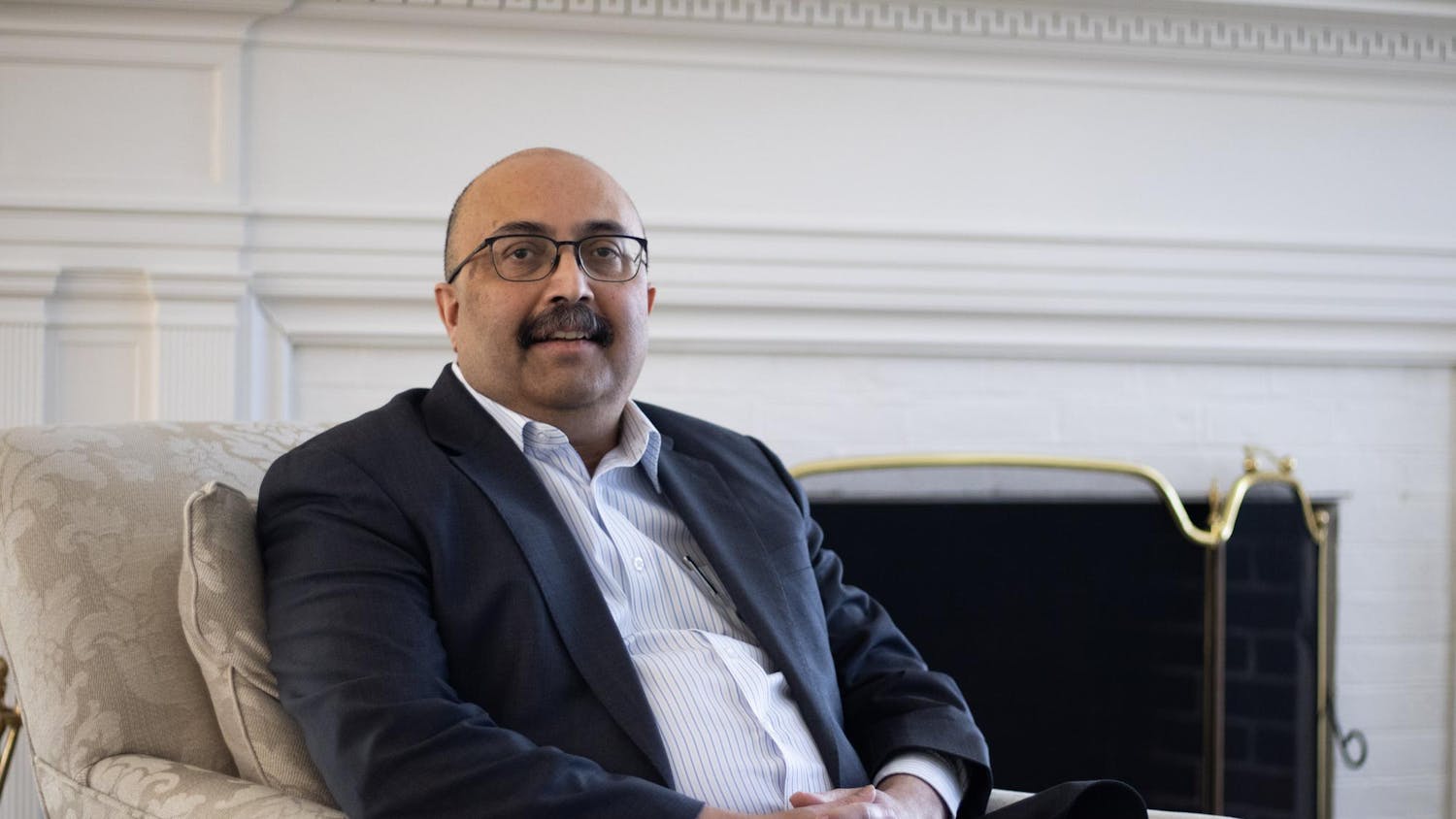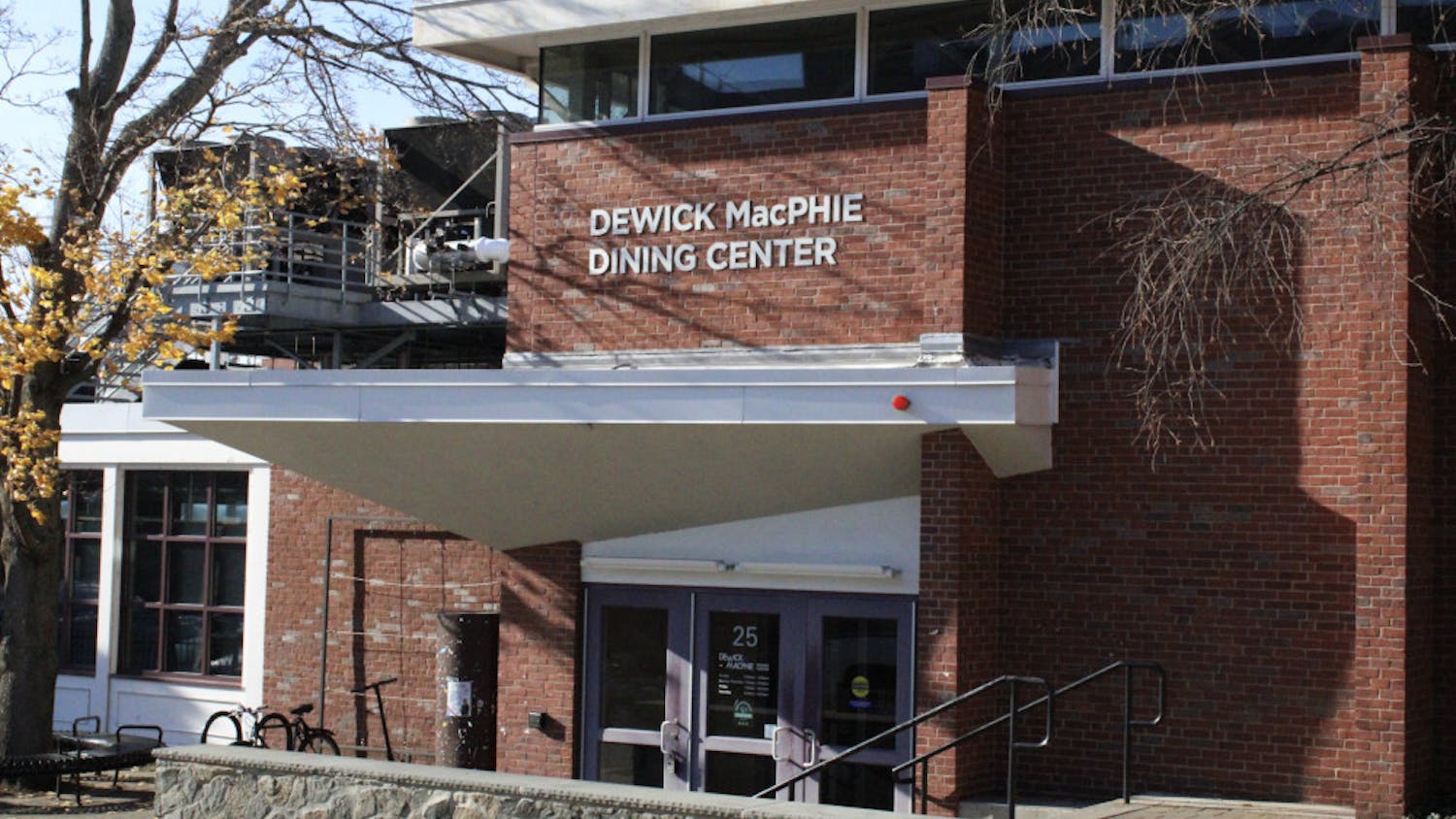Associate Professor and Chair of the Department of Music Richard Jankowsky announced to music students that the university has authorized the limited resumption of singing and playing of brass and wind instruments on campus on April 1.
Jankowsky explained what this means for the music department.
"The Department of Music is very happy to have singing, brass, and winds performance resume on campus," Jankowsky wrote in an email to the Daily. "With the guidance of the university’s medical health team, we have developed a set of policies and protocols for the safe resumption of those activities."
The email outlined specific guidelines for how and where students can safely practice their instruments or sing on campus. Students who are pursuing a major, minor or graduate degree in the Department of Music are able to reserve rooms in the Granoff Music Center for individual practice. Between practices, the rooms will be aired out and professionally sanitized, according to Jankowsky.
The email also explained additional opportunities for outdoor practice, both for individuals and small groups. Faculty-led, credit-bearing ensembles are able to practice outdoors in groups of 10 or fewer, and all Tufts students are allowed to practice individually outdoors from 9:00 am to 8:00 pm. Outdoor private lessons can also be coordinated for students through contact with instructors.
Despite granting new practice opportunities for students, the email noted that these policies are contingent on COVID-19 case numbers remaining low on campus, as stricter guidelines may be implemented if there is an increase in cases on campus.
Additionally, the email emphasized the need for all participating students to abide by a 10-foot distancing rule and wear proper personal protective equipment, including singing masks for singers and slit masks, bell covers and instrument covers for brass and winds players. According to Jankowsky, the Department of Music will help students acquire these forms of proper personal protective equipment.
"The university is covering the cost of this PPE and our department is handling the orders for students involved in our department’s programs and activities," Jankowsky said.
University Infection Control Health Director Michael Jordan explained that the university feels comfortable implementing these new policies from a safety standpoint due to more data about how PPE can protect transmission of COVID-19 while playing instruments.
“Our policy in fall 2020 was appropriately conservative due to a lack of safety data with respect to singing with masks, wind/brass instrument bell covers, etc,” Jordan wrote in an email to the Daily. “SARS-CoV2 is transmitted by aerosols and newer variants may be even more transmissible; however, sufficient data now exist that we know that singing outside with masks on and playing wind/brass instruments outside with appropriate PPE for the instrument markedly decrease the risk of transmission and acquisition.”
Jankowsky noted that this is a significant advancement for Tufts musicians since the pandemic began, a trend he hopes will continue.
“For the first time in over a year, ensembles can rehearse together, albeit outdoors and in groups of ten or fewer with appropriate PPE," Jankowsky said. “[The Department of Music is] hoping that conditions will continue to improve so that additional opportunities for singing, winds, and brass performance will be possible in the upcoming academic year.”
These new policies also come as a relief to music majors and minors on campus, whose experiences have been directly limited by the tight policies surrounding singing and brass and wind instrument playing.
Ellie Weiler, a first-year who is studying visual art and music through the SMFA Combined Degree program, explained the difficulty of beginning college without an outlet through music.
“The ban this year was very difficult for me as a [first-year],” Weiler, a trumpet player, wrote in an email to the Daily. “It meant that not only was a huge part of my education here banned, but also a major part of my expected social activities. I was excited to be a part of the music community here, but because my instrument was not allowed, I couldn’t be a part of any groups.”
Despite struggling with these restrictions, Weiler said she is excited to begin practicing her instrument as a result of these new policies.
“Bringing musical performance back into my life would bring back a large part of my identity," Weiler said. "I am eager to make anything work, even playing in small groups outdoors would be very meaningful to me. As a music major, allowing me to practice and take private lessons again in the music building would let me begin to work towards my degree focusing on performance."






